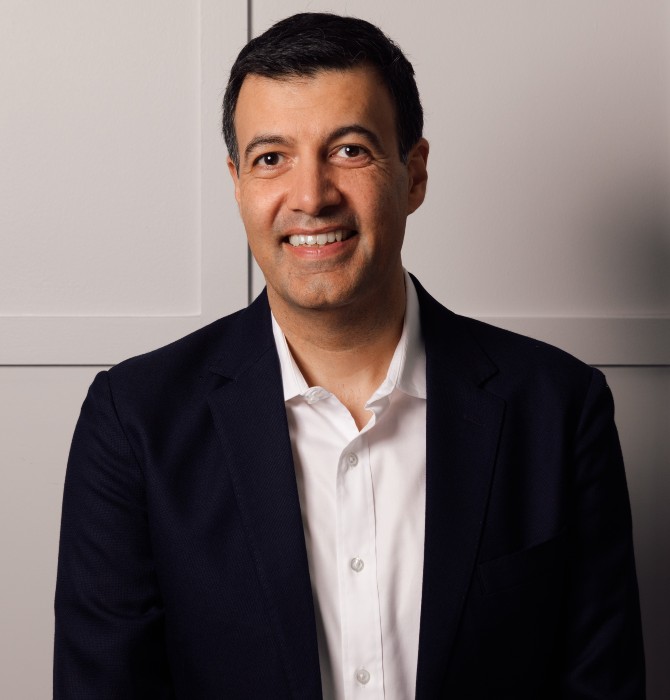Naveen Chopra has held the role of executive vice president and CFO at Paramount Global since August 2020. He joined the business from KQED, a broadcast media production and distribution firm, where he was also member of the board. Before KQED, Chopra covered a variety of C-suite roles at companies including Amazon, Vonage and TiVo.
Your career path to Paramount involved degrees in computer science and economics from Stanford, a variety of C-suite roles at TiVo and a stint as CFO overseeing Amazon’s Alexa, Appstore, FireTV, Ring and Kindle. How do those experiences influence how you think about Paramount in terms of strategy and product development?
I think [those experiences] influence my thinking in two ways. First, I’ve done a lot of work in my career outside of the traditional finance realm – in fact, in the first half of my career I was not involved in finance. It was mostly about product development, business development and things of that nature. That really gave me an understanding of what it takes to deliver the numbers. Now when I look at the business [through a] financial lens, I have an intuitive sense of what’s hard, what’s easy and what’s risky. I find that serves me very well in decision-making, learning how to ask the right questions and how to set achievable goals.
The other way [in which] my career experience has influenced [the current role] is how I think about time horizons. At some of the smaller companies where I worked, the time horizon is, by definition, short. You don’t have the scale to pursue these big multi-year investments, transcript transformations and the like. And that’s good in the sense that it injects a sense of urgency, but it’s bad because you can often miss out on big opportunities that need patience.

I contrast that with the time I spent at Amazon, [where] it’s all about the longer term. We had many different initiatives we pursued at Amazon that may have taken 10 years to bear real fruit. The advantage is that you can do some world-changing things, but it does require a lot of patience, not only from you as a leader of the business but also from your investors because a lot of those things pressure near-term earnings and cash flow.
So when I look at my role at Paramount today, there’s no doubt that I try to seek some middle ground based on those experiences. I want to combine the urgency and the nimbleness of the smaller company environment with ensuring we’re taking big swings that can create a lot of value for our shareholders.
What in your experience has changed most significantly in IR over the past five years?
It’s really been more of a continuous evolution. There are obviously a lot more assets held by hedge funds today than there were five or 10 years ago. There are certainly more activist investors today than there were 10 years ago. And in a sense, the activists’ playbook and the options they have are probably expanded. For most companies that is something that absolutely drives decision-making. It’s the thought that missteps in the short term could result in an activist taking a position and forcing different decisions.
At Paramount, we’re fortunate to have a controlling shareholder. One of the things I like about that is how it gives the company the ability to focus a little more on long-term value creation – though I’d say our controlling definitely has a sense of urgency in terms of creating that value. It’s not as though we ignore the short term by any means. As with many other things in the world of business and finance, the pace of change continues to accelerate. The implication for us and anyone else leading a public company nowadays is that you have to be very nimble and careful what you optimize for because [no matter] what the Street asks for today, it’s very possible [that] in two or three months it will be focused on something very different.
How is Paramount adapting to those changes?
When we started on our streaming journey, we did it in a way we felt was focused on the long term, knowing that in the short term there’ll be things people like or don’t like. Ultimately, if we create a business that has some healthy top-line growth and compelling margins, it will translate into value for our shareholders.
To hear the full interview with Naveen Chopra, listen to the latest episode of The Ticker podcast here.










